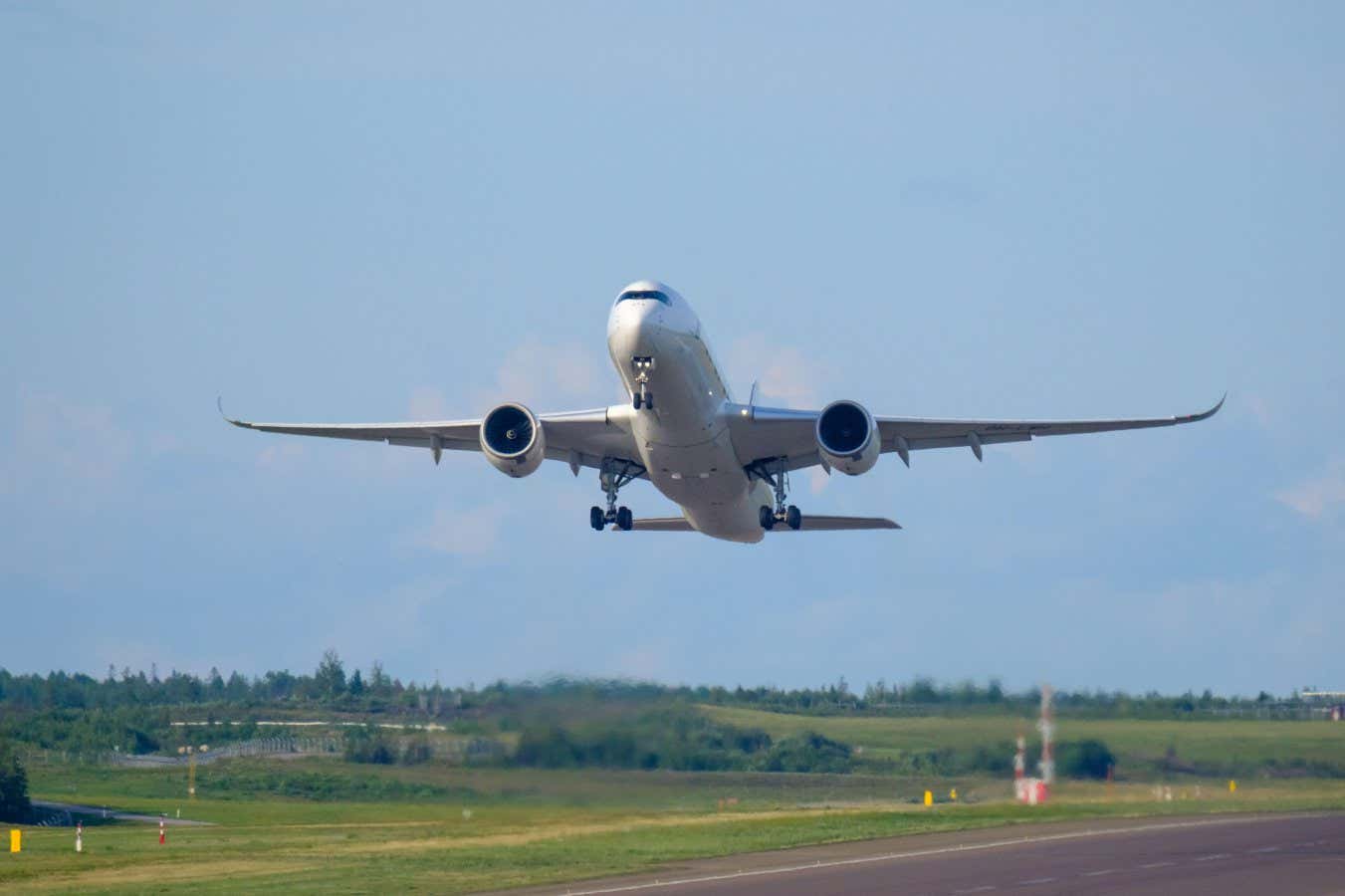A 63-hour-long marathon of GPS jamming attacks disrupted global satellite navigation systems for hundreds of aircraft flying through the Baltic region – and Russia is thought to be responsible
Russia is suspected of launching a record-breaking 63-hour-long attack on GPS signals in the Baltic region. The incident, which affected hundreds of passenger jets earlier this month, occurred amid rising tensions between Russia and the NATO military alliance more than two years since the start of Russia’s full-scale invasion of Ukraine.
“We have seen an increase in GPS jamming since the start of Russia’s war against Ukraine, and allies have publicly warned that Russia has been behind GPS jamming affecting aviation and shipping,” a NATO official told New Scientist. “Russia has a track record of jamming GPS signals and has a range of capabilities for electronic warfare.”



It wouldn’t matter against jamming though. You just need a jammer that screams louder
Yup. As long as you’re transmitting via radio waves, if something on that frequency “screams” louder, you won’t get the original signal. That’s why the FCC has strict rules against radio interference. About the only way you could get past that would be some sort of laser guided/optical communications, but would be damn near impossible given the number of planes and weather conditions.
Luckily the louder something screams the more easy it is to pinpoint.
I mean, doesn’t matter. We pinpoint russia and then what. Sure, we can retaliate and block their comma, and radio communication doesn’t work for both of us. We can always invade, but a load of political capital is needed, and the west doesn’t exactly have the most ammo ever right now.
Finally, I think the true source is this
It’s nice that they “scream” there. It’s the way you know that they are hiding their ammo and weapons routes there. Instead of complaining, we should target these routes. Hey… they are outside russian borders… so…
It would matter if they chose not to jam certain frequencies due to some agreement.
Thinking only of GPS-like services, there are multiple suppliers who could take advantage of Russia jamming other services. GPS is only one, owned by the American air force. Other suppliers might be more open to making agreements with Russia. Money can make things happen.
I’m not saying it’s like that, only that it is possible for bad actors to benefit from playing on both sides in a jamming war, just like any other kind of war.
In a war like this they jam everything and anything they can. No commercial solutions would be loopholed out of it.
… unless money.
Unless they are on a different wavelength from GPS, which is what Xona is doing.
Ok, then they just block that one
Do you think country-wide jamming of a high-power radio signal is easy? The magnitude of difference between jamming a building and jamming at airline altitudes or at long distances is massive. You don’t just go out and buy a jammer that blocks GPS for a country.
I don’t think that for an individual it is easy. But for a country as large as Russia (even with a somewhat pathetic economy)
I work developing the next generation GPS satellites, and half of my job is dealing with defeating jamming. Without giving specifics that can only be shared in a SCIF, jammers are for small regional use, not for large scale usage. RF power drops off at 1/r^2, so doubling the distance requires 4 times the power. A normal person can buy a jammer that handles a few hundred feet around their house or car. It is 100x harder to cover a city block of buildings and is mostly restricted to governments (my math could be off on that, since RF isn’t my specialty). Going from jamming a city block of government buildings to jamming flight traffic in a small neighborhood is roughly 100 times as much as that power. Going from that small neighborhood to blocking a very small country is 100 times as much as that power (or 10,000 as much as the power of a big jammer). Doing the same thing but with multiple RF signals is even harder.
I can’t talk about Russia’s specific capabilities, but even for Russia it wouldn’t be easy outside a small region.